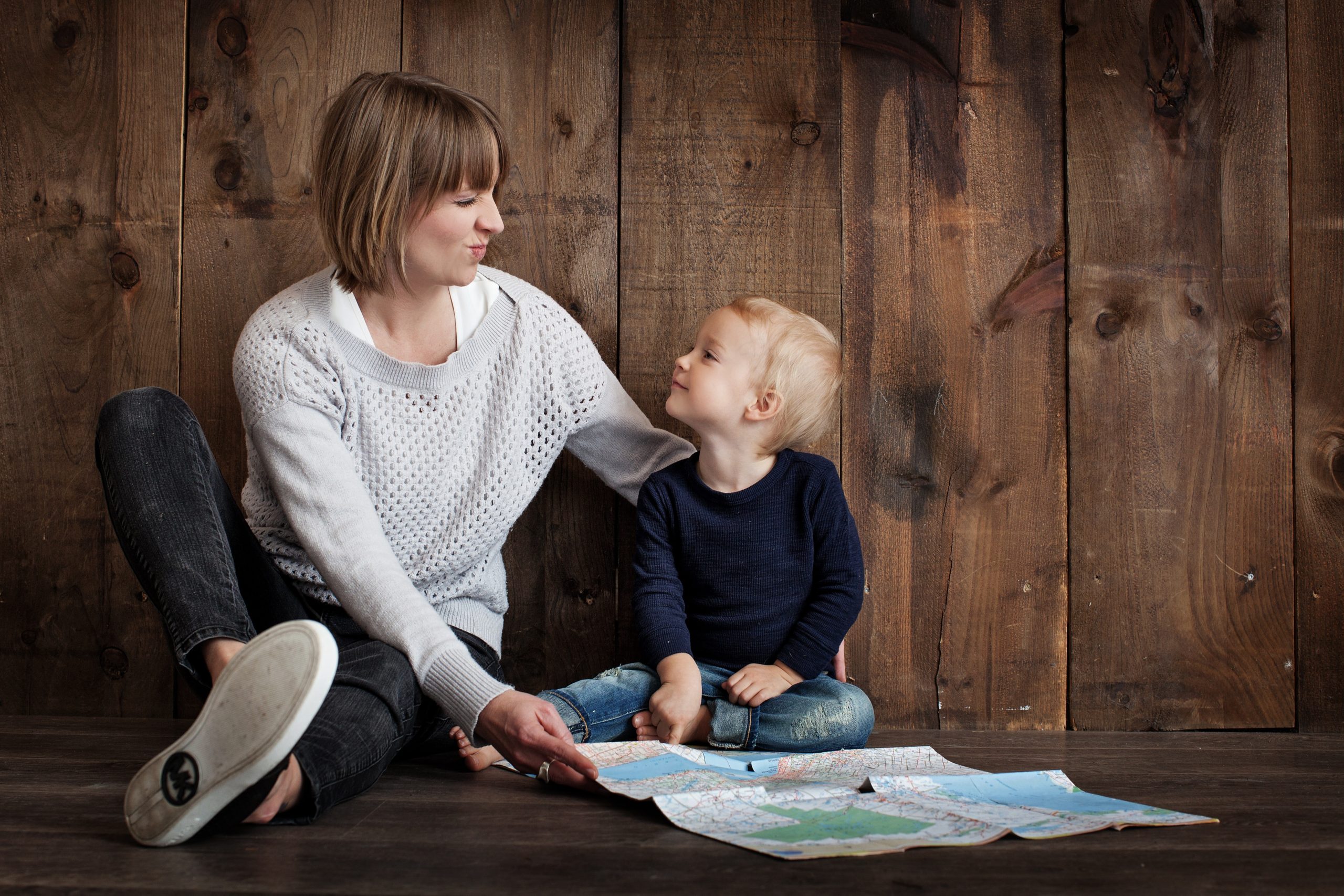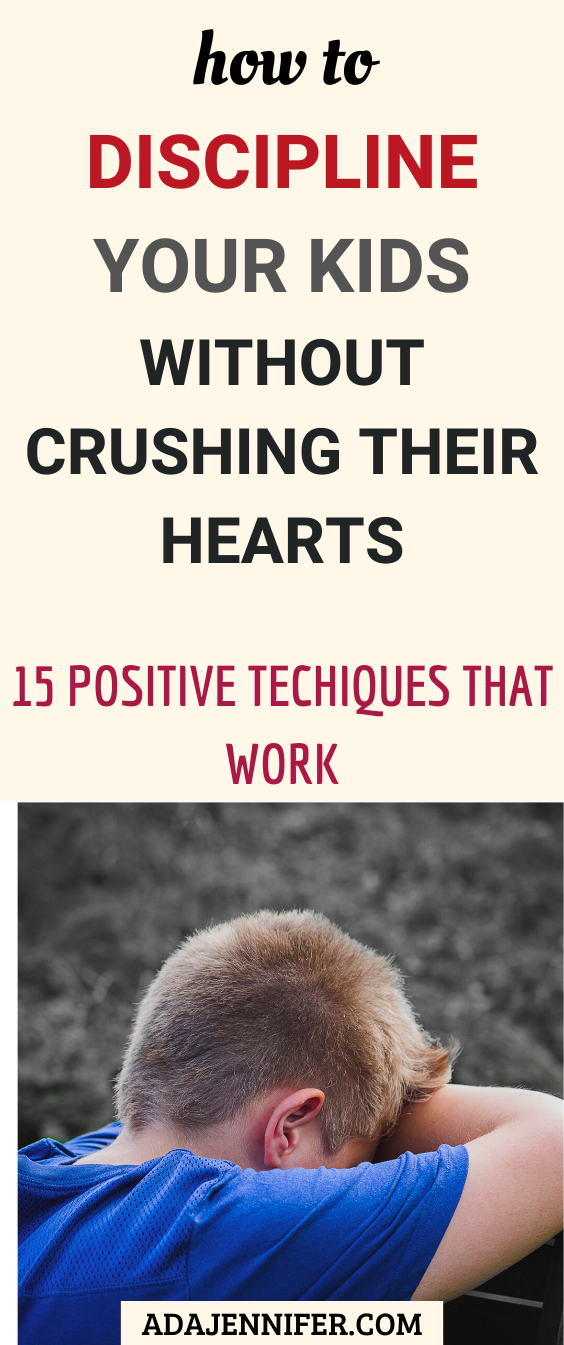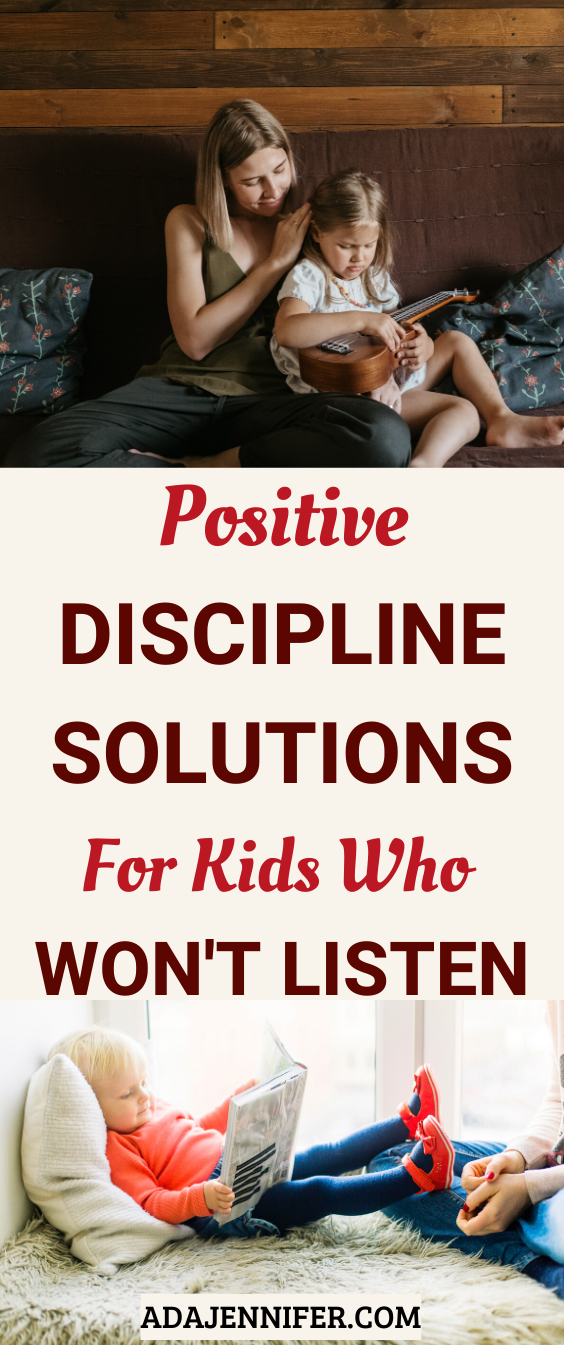Important Tips For Positive Parenting
 Positive parenting is a parenting style focused on building a good relationship between parent and child based on love, respect, and communication. There are other parenting styles other than positive parenting, but positive parenting stands out because of the many ways it helps to promote the relationship between parent and child. Another name for positive parenting is Authoritative parenting.
Positive parenting is a parenting style focused on building a good relationship between parent and child based on love, respect, and communication. There are other parenting styles other than positive parenting, but positive parenting stands out because of the many ways it helps to promote the relationship between parent and child. Another name for positive parenting is Authoritative parenting.
Every parent wants the best for their child. They do not choose to parent their child the wrong way; they just naturally find themselves doing to their kids what was done to them or what their immediate environment accepts as the norm, hence nowadays spanking, shaming, hitting, yelling are popular as discipline techniques, because large parts of our society believe children must be controlled to limit their excesses.
Though authoritarian techniques of parenting prove to be temporarily effective in restraining children, their long term effects in the lives of children are mostly negative. Children under the guidance of authoritarian parents might grow to develop low self-esteem, are forced to rely on rules and mostly do not have a mind of their own, so positive parenting is a better way to raise kids.
Positive parenting can be easily identified by the following components:
1. Parents through listening actively, understand their children’s thoughts. This allows them to correct possible misunderstandings that could come up while communicating with their kids.
2. Parents pay particular attention to helping their kids incorporate discipline.
3. There are laid down rules, and the consequences of not following such rules are spelled out.

Positive Parenting Examples
For parents who want to start positive parenting, but still don’t know how to go about it, here are some examples to serve as a guide:
1. Yelling Vs Understanding
One evening, I was really busy on the computer and needed no distractions, my son Owen who is 20 months old walked to where I was and started pulling my hands off the computer, just to get my attention. When I angrily returned my hand back to the keyboard, he started sobbing, I was really pissed off at his reaction and thought to myself, ‘this kid really needs to be spanked, he loves to have his way all the time’.
Rather than expressing what I felt like doing at the time, I chose to try to understand what he really wanted, and taking a closer look at him, I realized he was trying to tell me that he had messed up his diapers and was uncomfortable. The realization of this truth made me feel guilty. What a mistake I would have made if I had gone with my instinct and acted harshly.
Lesson Learned
Always try to see things from your child’s perspective and not just yours. If l had not tried to understand my son that day, I would have treated him badly.
2. Discouragement Vs Encouraging Strengths
My little cousin Desmond lived with my family for a while 2 years back. He has a great flair for electronics and loves to gather bad ones and try to fix them. This I used to encourage, but times when he went as far as wanting to get parts from good ones, I used to get angry and warn him to stay off the good appliances.
One day, my television went off for reasons I didn’t know, and I sought to call an electrician, upon returning I saw Desmond trying to repair the television. I remember wanting to shout at him that day and saying to him words like – this is not the type of stuff you should learn with! But on the other hand another thought came to me.
I said to Desmond- Dear, do you really think you can fix this television, he confidently replied- Yes! I then encouraged him to wait for the electrician to arrive, so they could fix it together. He assisted the electrician that day and learned better ways of fixing electronics. I later lovingly but firmly reminded him not to use good appliances to learn without permission.
Lesson Learned
Encourage your kids to be the best they can always.
Positive Parenting Approach
The main objective of positive parenting is to help children develop into confident, emotionally healthy and thoughtful individuals. To achieve this, parents or guardians should understand their children ( because every child has his or her own unique personality), be consistent in their dealings with them and be a living example to them.
There are several ways to apply positive parenting in your everyday life with your kids. They are:
1. You Must Set Boundaries
Rules and consequences should be developed by the family. These rules and consequences will then be written and pasted in the house. Once this has been done, the established rules and consequences must be reviewed and learned. The best way to achieve this is by reviewing them daily for one month and then weekly on an ongoing basis.
When making the rules, it is better to state what can be done rather than what can’t be done. For example: Do your chores daily to keep the home organized, education is a top priority, do your assignments and read your books every day.
2. Make Following The Rules Easy
Help children know how to make choices and decisions that help them obey the rules.
3. Consequences Should Be Applied
When rules are broken, apply consequences as needed.
4. Always Do A Relationship-building Activity After Enforcing A Consequence

These activities could be watching a movie together, reading a book or any other activity that suits parent and child.
Positive Parenting Discipline
The central idea of positive discipline is that bad kids do not exist, only bad behavior does. This means kids who behave badly can be taught to behave well. Here are some tips on how to discipline your kids:
1. Model The Kind Of Behavior You Would Like To See In Your Children
Show them how to distinguish right from wrong.
2. Set Clear Rules With Accompanying Consequences For Your Children
Explain these rules to them in terms they can understand
3. Always Try To Understand Your Children
When your children misbehave, always hear them out or try to understand their actions before reacting. Also in cases where their bad behavior has a regular pattern, discuss with them about it, rather than just dishing out consequences.
4. Give Quality Time To Your Children

Let your children have a good personal relationship with you. Spend time with them and get to know them.
5. Praise Them When They Do Things That Are Good
This is to help them better appreciate the importance of doing good and to help them distinguish good from the bad.
6. Distract Them From Bad Behavior
Create an enabling environment for your children to behave well. Engage their minds with activities that encourage them to behave well.
Positive Parenting Articles And Books
There are several articles on positive parenting that have really helped me and can be resourceful in your journey of positive parenting. Some of them are:
- Positive parenting ally: 12 positive parenting techniques
- Positive psychology program: how to increase your parenting skills. The above articles can be accessed at FamilyLivingToday. I also gained much insight from: The fabulous Fountain of child tips and advice which can be accessed at PositiveParentingAlly
Apart from articles, some positive parenting books have proved to be really useful to me in my desire to be a better parent to my kids and have made the process relatively easier for me, because I grew up in a home where spanking, hitting, yelling or shaming were the accepted and practiced discipline techniques for kids. Some of the books that have reshaped my thinking and helped me to be a better parent are:
- Positive Parenting- An Essential Guide by Rebecca Eanes
- The Power of Positive Parenting by Dr. Glenn I. Latham
- Positive Discipline by Jane Nelsen, Ed.D.
As a parent wanting to engage in Positive parenting, never mind if you make mistakes at times, rather think of the right ways things should have been done and try to do them that way next time.
Pin For Later



Am particularly impressed with ways to discipline your children without crushing their heart.
Well done!!
Hi there. Your article resonated so much with me. I’m a single mom of 3. They are 10, 7 1/2 and 5. All strong and different personalities. I am struggling to make them not argue all the time. I have setup chore lists and a star system on my calendar. And I feel all I do does work for a while, but I would appreciate some ideas for consequences.